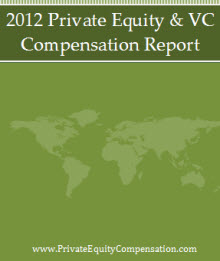Anytime there is a pause in venture capital activity, as there has been this year, one would have to surmise that investors are spending their time evaluating their options and analyzing their returns. With technology and Web companies dominating the IPO landscape recently, investors are undoubtedly narrowing their focus on sizzling social media or software startups. But, if the stunning facts put forth in a recent CNNMoney article by Fortune.com senior editor, Dan Primack, hold true, they may be looking in the wrong direction. In it, he cites a 10 year study that reveals the quiet dominance of life science returns on investment over IT returns. Yet, as he points out, life science deals are vastly outnumbered by IT deals. What’s behind the apparent disconnect?
Unquestionably, IT and Web startups have always held much more investment allure. The old habits (or addictions) of the 1980s and 1990s are hard to break. The next big biopharma company doesn’t have nearly the same headline appeal as the next Google. Yet, the analysis, which shows that realized deals in life science companies outperformed IT companies a 2 to 1 margin (7.4% versus 3% IRR), is indisputable. Although the study only includes data through the end of 2010, which means it excludes this year’s big deals, such as LinkedIn, it indicates a decade long trend that has largely remained largely beneath the radar.
The second fiddle role that life science companies have come to expect may be attributed to the fact that their exit market tends toward merger and acquisitions as opposed to IPOs. Historically, IPOs always generated much higher returns for VCs, especially during peak IPO periods dominated by tech companies. Biopharma companies have generally been targeted by the big drug companies seeking to expand their product lines. While their valuations based on M&A were always higher than their IPO valuations, their IPOs tended to be priced below the market to begin with.
That may be changing as the large drug companies are anxious to fill the revenue gap created by expiring patents and slow-to-market new drugs. More recent acquisitions have been valued at extreme premiums. That, combined with the sharp drop in overall IPO activity is encouraging more VCs to place their bets with life science companies. They may never overcome their place as the second fiddle to tech, but you’re not likely to hear any complaints as long as they continue to get their deals.

